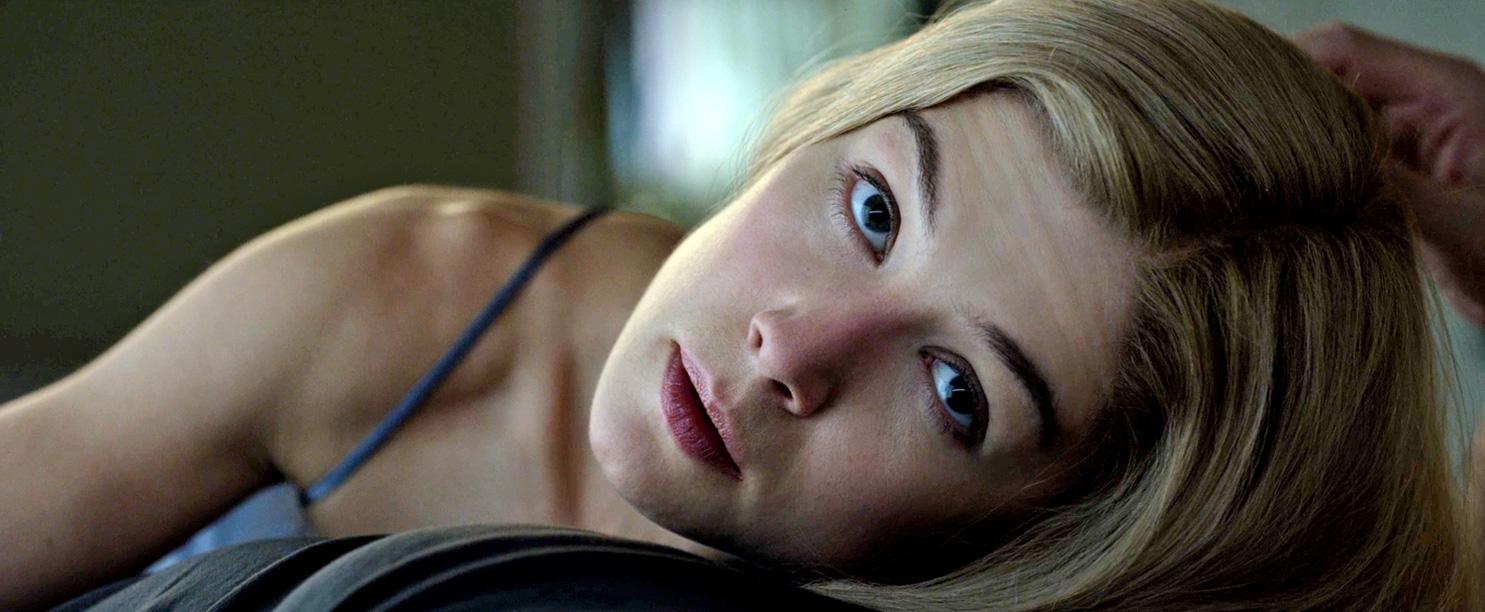Scriptwriting is a completely different ball game when it comes to comedy, one that is often mistaken as easy, particularly if the gags are simple. But writing funny is different from speaking funny. Just because you’re good at cracking jokes or sprouting wisecrack comments, doesn’t necessarily mean you’ll have that same knack when it comes to transferring these onto paper. At least, not without practice.
The comedy genre is one of the hardest to crack, without even taking into account the fact that within the school itself, lie a whole network of subcategories. There’s black comedy, cringe comedy (an example which springs to mind is Borat), situational comedy, mockumentaries, spoofs, rom-coms, sketches… well, you get the point. Listed below, you’ll find a few rules, a list of do’s and don’ts if you will, to consider if you’re focusing your script in one of these areas.
Continue reading
This content is restricted to IMIS members.
Apply to become a member and get access to our knowledge base, past event videos, the Member Directory and more…
Existing members please log in here.



